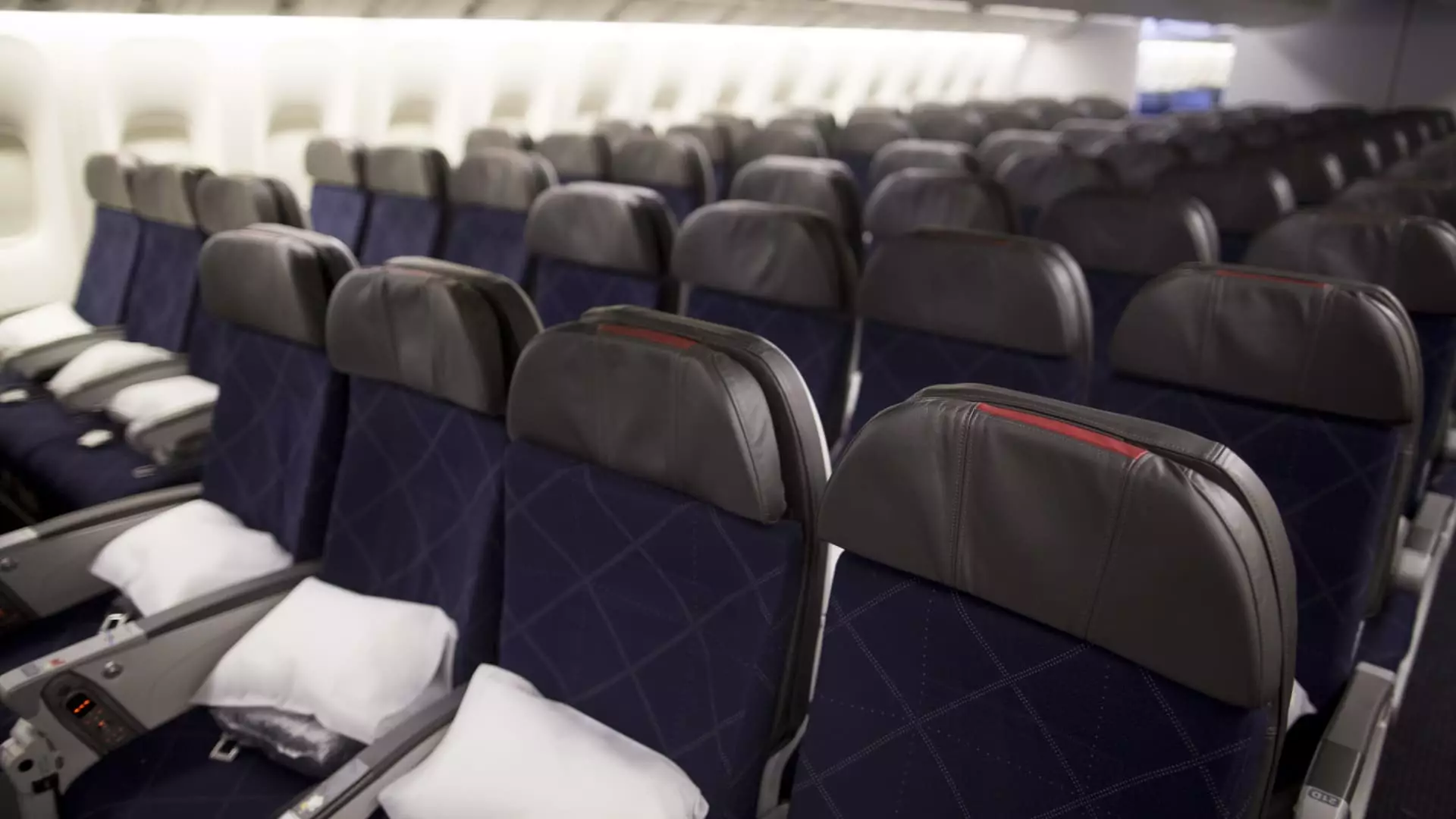The airline industry, long a staple of American travel, is now facing increased scrutiny over its fee structures, particularly surrounding seating assignments. U.S. airline executives are preparing to explain their practices before a Senate subcommittee that accuses them of profiting from what they have termed “junk” fees. A recent report from the Senate Permanent Subcommittee on Investigations highlighted that major carriers—including American, Delta, United, Spirit, and Frontier—collected an astonishing $12.4 billion in seating fees from 2018 to 2023. This substantial sum emphasizes a systemic trend within the airline industry to monetize seemingly basic aspects of air travel.
These so-called “junk” fees are not mere inconveniences for travelers; they represent a shift in airline revenue models. The fees pertain predominantly to seat selections that promise additional legroom or those in preferred areas, such as near the front of the cabin or by the window. Critics argue that these charges exploit consumers, especially as they were once included in the ticket price. Stephen Johnson, the Chief Strategy Officer at American Airlines, argued in a pre-hearing testimony that customers benefit from the ability to choose whether to pay for these optional seating upgrades, framing it as a matter of consumer choice rather than exploitation. However, the line between choice and coercion is a fine one, raising questions about transparency and fairness in airline pricing strategies.
Government Intervention and Consumer Rights
The Biden administration, alongside various lawmakers, has pledged to tackle the issue of “junk” fees across multiple industries, with airlines at the forefront of their agenda. This political pressure particularly points to a growing awareness of consumer rights and the desire to regulate practices perceived as unjust. The heads of major airlines, who will testify in the upcoming Senate hearing, assert that their fee structures reflect a competitive market landscape where consumers are informed beforehand. This, they claim, allows travelers to make informed choices based on their preferences and budget, yet the fundamental nature of these fees invites skepticism from both lawmakers and the public.
Interestingly, budget airlines like Spirit and Frontier have largely been the architects of today’s fee-heavy landscape, having pioneered a model that relies heavily on ancillary revenues. These carriers have been instrumental in shaping consumer expectations concerning bare-bones services. However, Spirit’s recent filing for Chapter 11 bankruptcy signals potential vulnerabilities in this model, which could prompt broader industry reckoning. As these discount airlines face challenges from competition and changing consumer attitudes, traditional airlines are now also re-evaluating their strategies, moving toward creating more premium seating options to enhance revenue.
As the Senate hearing unfolds, it symbolizes a turning point for the airline industry. With calls for accountability and a renewed focus on consumer protection, airlines will need to justify their pricing structures in a climate increasingly intolerant of perceived exploitation. The outcome of this inquiry may well define the future landscape of air travel, determine regulatory shifts, and ultimately reshape how airlines approach their relationships with customers—an evolution that could either bolster or diminish public trust in an industry already under fire.

